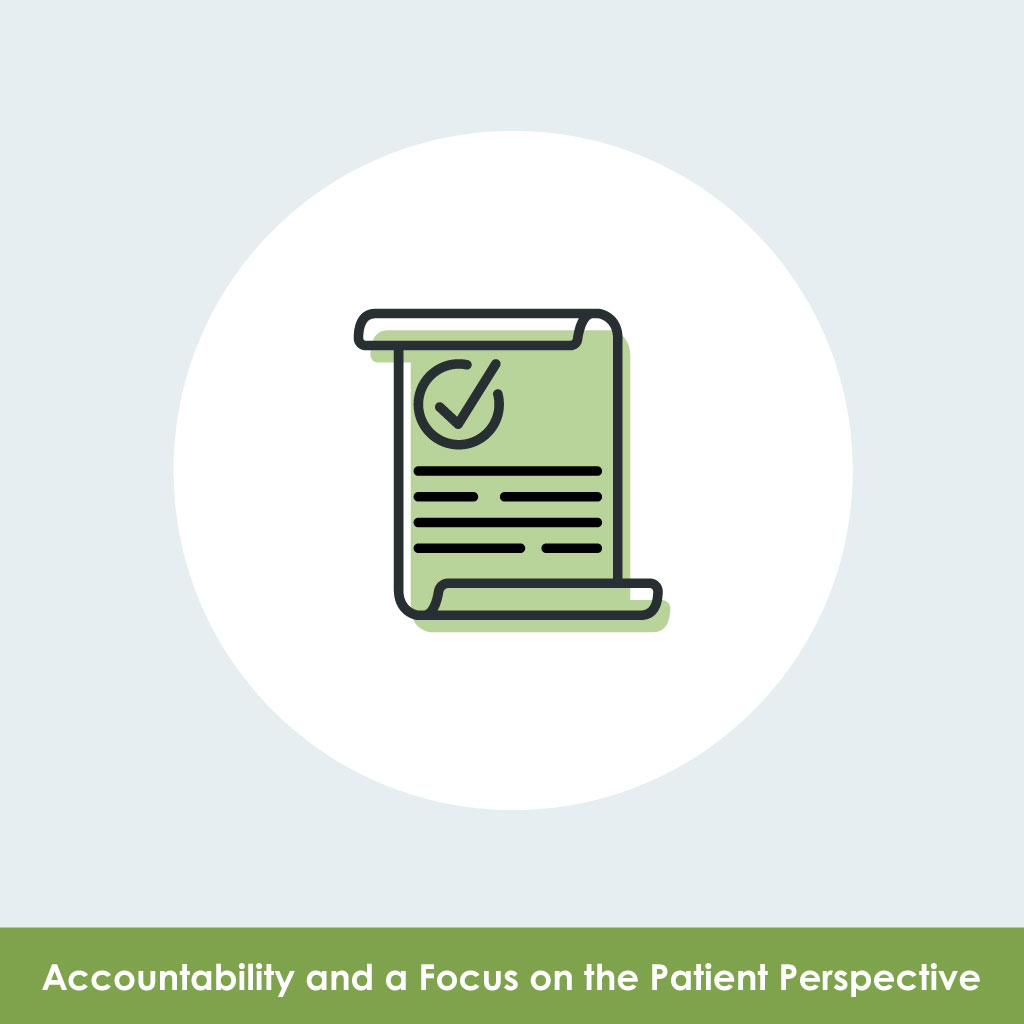While still available privately, claims for our longer ketamine infusion therapy sessions are no longer being submitted to the Ontario Health Insurance Plan (OHIP). These ketamine infusion therapies have saved our patients lives, reduced opioid use in 60% of the patients who were on opioids for pain, and provided Allevio with an alternative to drugs like gabapentin and opioids to help those who struggle with diabetic neuropathy and complex regional pain syndrome (CRPS).
While we aren’t asking OHIP to open us all to a risk of ketamine infusion or prescription abuse, we are asking the Ontario Ministry of Health and Long-Term Care to cover the costs for pain practice to help patients get proven and measured results. We are asking for doctors to be able to make clinical decisions based on what will help patients get better, not what will get them back in the clinic. We are asking for support to help get millions of individuals off opioids in a way that saves us billions while preserving dignity for all those involved.
While we all acknowledge that the Ministry of Health and Long-Term Care is cutting funding for our hard-working doctors and badly needed medications, we also know that opioid damage is at a high. Our plan may save billions and cost a sliver of that to implement, has been proven, and is a hybrid of two montages that the government has set but not prioritized.
This paper offers OHIP and other insurance companies a pathway to combat systemic challenges in pain management. Accountable, ethical care that is meaningfully integrated with the patient, payor, and provider in mind will help us all not only bring outstanding pain care within reach but also improve the way we all manage pain.
View the whitepaper here: bit.ly/34p5V9u

